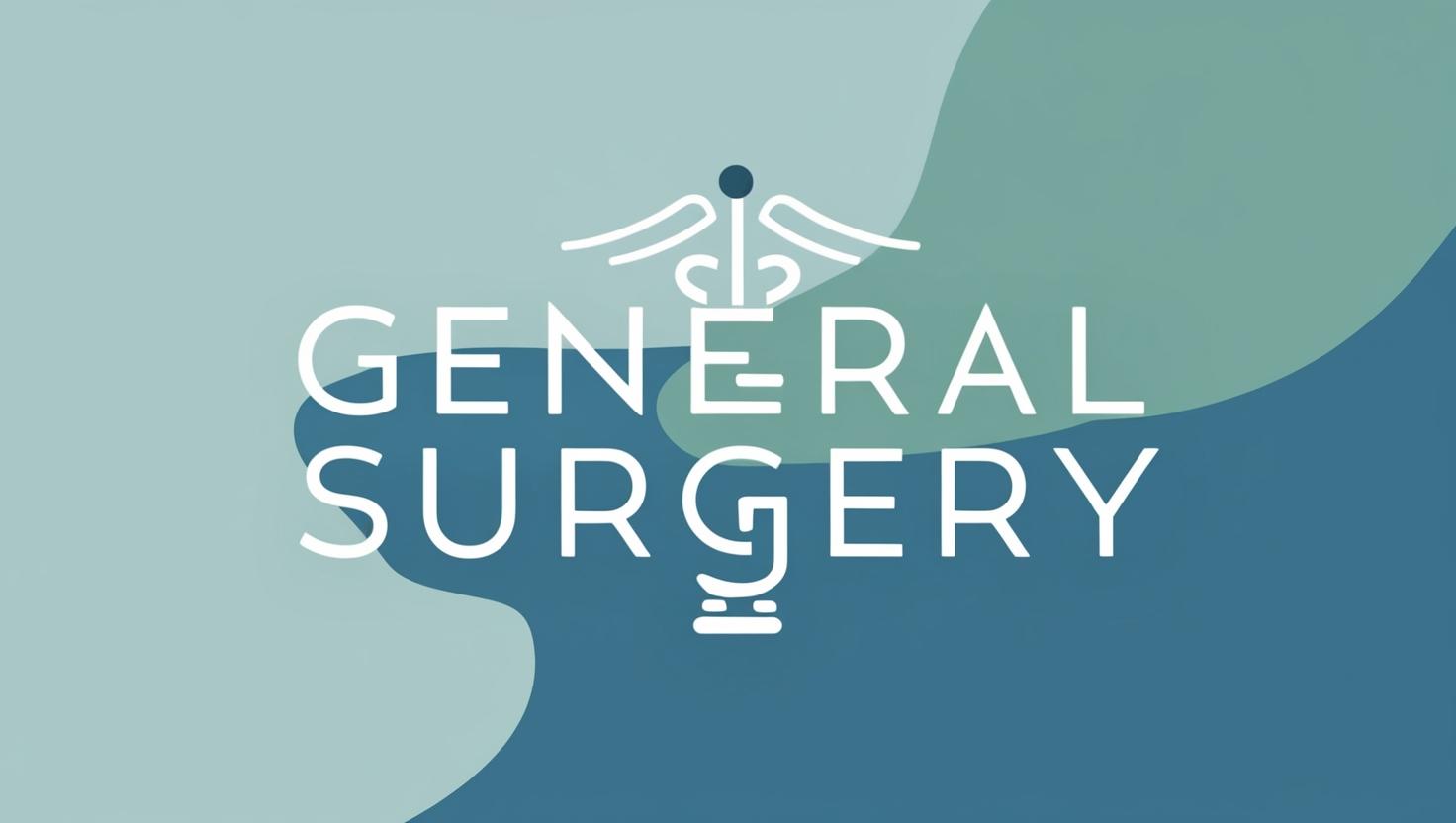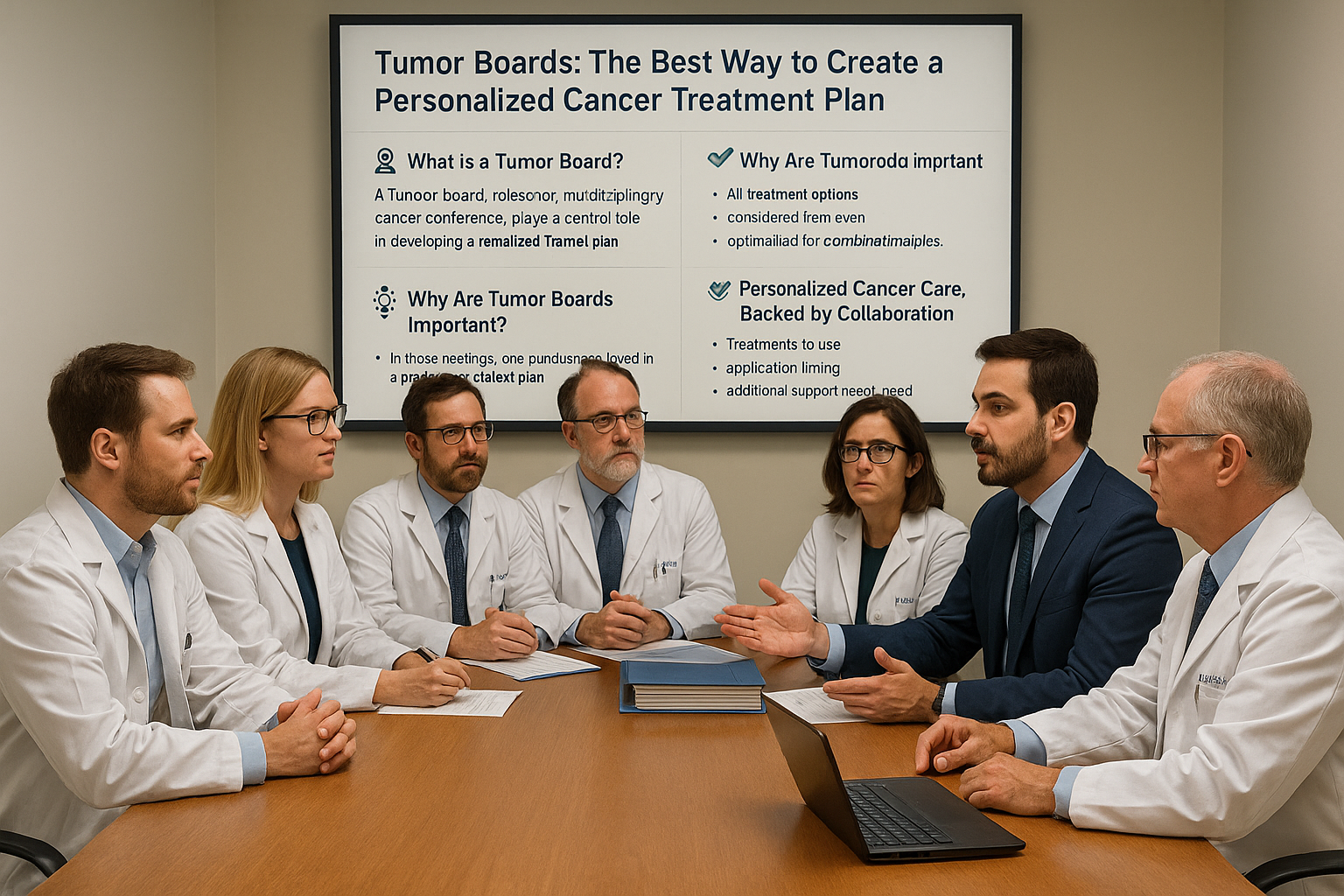Colorectal Cancer Treatment with Medical Tourism
Your health journey is our priority. This brochure provides detailed information about colorectal cancer and outlines our medical tourism program, which offers advanced treatments, personalized care plans, and comprehensive follow-up support.
Colorectal Cancer
Colorectal cancer refers to cancers that develop in the colon (large intestine) and rectum. It typically results from the uncontrolled growth of cells in the colorectal system. Colorectal cancer is a common type of cancer worldwide, particularly affecting individuals aged 50 and above.
Types of Colorectal Cancer
-
Colon Cancer: Cancer that develops in the colon, the longest part of the digestive system, located between the small intestine and anus.
-
Rectal Cancer: Cancer occurring in the rectum, the final section of the colon where stool is stored before passing to the anus.
Causes of Colorectal Cancer
-
Genetic Factors: A family history of colorectal cancer increases the risk.
-
Lifestyle Factors: Poor diet, physical inactivity, excessive alcohol consumption, and smoking contribute to the risk.
-
Underlying Conditions: Diseases such as Irritable Bowel Syndrome (IBS) or Crohn’s disease can heighten the likelihood of developing colorectal cancer.
Symptoms
-
Abdominal pain and bloating
-
Changes in bowel habits (constipation or diarrhea)
-
Blood in the stool or rectal bleeding
-
Fatigue
-
Unexplained weight loss
Treatment Options
-
Surgery: Surgery is the primary treatment for colorectal cancer, though chemotherapy and/or radiotherapy may be necessary beforehand.
-
Treatment plans are developed during multidisciplinary team meetings to ensure the best possible outcomes.
Surgical Techniques
-
Colorectal cancer surgeries are performed using robotic-assisted or laparoscopic techniques.
-
Patients can typically stand and resume basic activities on the same day.
-
Hospital stays are generally 3–4 days.
Post-Treatment Care
-
After surgery, patients may stay in a designated hotel for 4 days, arranged by the medical tourism agency.
-
After a follow-up check, patients can return to their home countries.
Preoperative Treatment
-
For Stage 4 colorectal cancer (involving metastasis to the liver, lungs, bones, or peritoneum), preoperative treatment is recommended.
-
In rectal cancer, preoperative treatment may be required for Stage 3, Stage 4, and occasionally Stage 2.
-
Preoperative treatment often includes chemotherapy and/or radiotherapy, and immunotherapy may be offered to patients with specific genetic mutations.
Why Choose Us for Colorectal Cancer Treatment?
-
Expert Multidisciplinary Teams
Our team includes leading colorectal surgeons, oncologists, radiologists, pathologists, and specialized nurses working collaboratively to provide the best care. -
State-of-the-Art Technology
Advanced diagnostic and treatment tools, including:-
Robotic Surgery: A minimally invasive technique that offers enhanced precision, faster recovery, and minimal scarring.
-
Laparoscopic Surgery: A minimally invasive approach with quicker recovery times.
-
Precision Radiation Therapy: Targets cancer cells while sparing healthy tissue.
-
Personalized Chemotherapy: Tailored drug regimens for maximum effectiveness.
-
-
Customized Care Plans
Every patient receives a treatment plan designed to meet their specific medical and personal needs. -
Comprehensive Medical Tourism Services
We offer:-
Assistance with travel and visa arrangements
-
Comfortable, patient-focused accommodations
-
Multilingual support for clear communication
-
Culturally sensitive care
-
-
Commitment to Follow-Up
Our care doesn’t end with treatment. We provide structured follow-up programs to monitor recovery and address long-term concerns.
Your Treatment Journey
Step 1: Consultation and Diagnosis
-
Comprehensive medical history review and physical examination
-
Diagnostic procedures such as colonoscopy and biopsy
-
Advanced imaging (MRI, CT, or PET scans) for accurate staging and treatment planning
Step 2: Advanced Treatment Options
-
Robotic-Assisted Surgery: Offers greater precision with minimal pain, blood loss, and shorter recovery time.
-
Radiation Therapy: Often used before surgery to shrink tumors.
-
Chemotherapy: Systemic treatment to eliminate cancer cells or prevent recurrence.
-
Targeted Therapy: Targets specific cancer cell mechanisms for improved effectiveness.
Step 3: Recovery and Follow-Up
-
Post-treatment rehabilitation includes physiotherapy and nutritional guidance to support recovery.
-
Patients can consult via video calls during the recovery phase if necessary.
-
Regular follow-ups:
-
Every 3 months during the first 2 years
-
Every 6 months during the next 2 years
-
Annually thereafter
-
-
After 5 years without recurrence, patients transition to routine screening programs.
Plan Your Visit
How to Begin
-
Contact our dedicated medical tourism team via email or phone.
-
Share your medical history, diagnostic reports, and treatment preferences for expert review.
-
Receive a personalized treatment plan, timeline, and detailed cost estimate.
Services Provided
-
Assistance with flight bookings and visa applications
-
Private transportation and accommodation arrangements
-
Translation services for medical documents
-
Scheduling of all consultations and treatments
Let us guide you on your journey to health and recovery with expert care and advanced treatment options.




